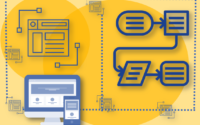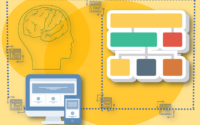
A MOOC on universal design for learning designed based on the UDL paradigm
This article presents the design and pilot of an open online course, based on the principle of universal design for learning (Center for Applied Special Technology, 2011), to promote inclusive virtual education as an improvement transferable to other contexts. The course constitutes the first massive open online course (MOOC) training proposal of the University of […]











